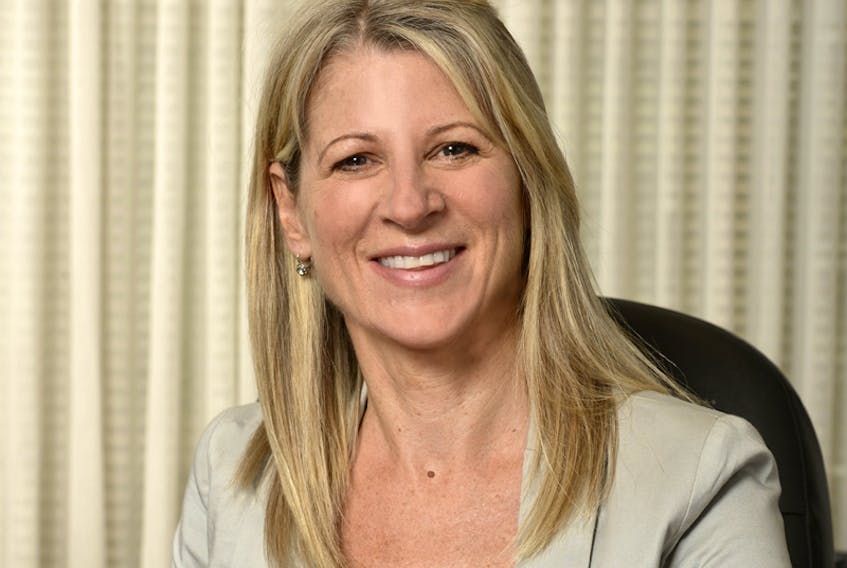Break up with your debt before your partner breaks up with you over debt or other financial issues.
That is the advice in a new report and survey by Credit Canada about the dysfunctional and toxic relationship people can have with their debt.
Laurie Campbell, CEO of Credit Canada, a non-profit credit counselling and debt consolidation organization, says it isn’t unusual for people to have debt, such as a mortgage or car loan.
But the relationship becomes dysfunctional when debt has a negative impact on your life.
“We know that Canadians have never been more in debt. So, we’re kind of all a bit in the same boat,” says Campbell. “But when it starts to have a negative impact on your life is when you feel bad about it.
“You feel like you’re not functioning at your highest level because of it. It’s eating into your everyday life. You can’t sleep. You think about it at work. It prevents you from doing stuff. It makes you feel crappy about yourself, quite frankly.”
The Dysfunctional Debt Survey was conducted for Credit Canada by Leger. Between July 27 and 31, the online survey was completed by 1,517 Canadians.
According to the survey, 25 per cent of Canadians (compared to 17 per cent of Atlantic Canadians) with debt felt frustrated with their financial situation.
Campbell notes that feeling frustrated can motivate someone to change and get help. But as the survey points out, feeling depressed isn’t too far behind frustration on the list.
“If people feel depressed, then they feel like a failure. Especially when people feel like they’ll never move forward. They feel like there is a sense of hopelessness and that there’s really little they can do to impact change.”
Campbell explains that’s why the organization is speaking out about this issue – to let people know that there is professional help available, there is hope, things can change and people with a negative relationship with their debt are not alone.
“(Debt can eat) into your everyday life. You can’t sleep. You think about it at work. It prevents you from doing stuff. It makes you feel crappy about yourself, quite frankly.”
“There are people in the same situation. Don’t feel embarrassed or ashamed. (Also), it’s not your fault. A lot of people say it is – people got themselves in debt. I’ll say, ‘there’s a lot of pressure, and there’s a lot of subliminal advertising to try and get money out of your pocket.’ So, don’t feel that this is all your fault. There’s a lot of pressure for you to spend,” she says. “And, by taking a lot of shame and guilt off of people, hopefully people recognize that ‘ok, sure, I shouldn’t feel as bad as I do about it, therefore I will get help.”

In terms of the respondents that feel fine with their debt, Campbell says that could be a combination of people who have their debt in check with a good repayment plan, but it could also involve people who are complacent with their debt.
“I think that we’re living in a world of complacency when it comes to debt. More and more people are carrying debt. Thirty or forty years ago, that would have been considered a taboo subject. You know, you save up for things and you buy them. And today, you buy them, and you work to pay them off,” she says.
The survey also found that 27 per cent of respondents felt prevented from going out because of their debt, 19 per cent lose sleep over debt, 15 per cent avoid social gatherings and eight per cent avoid relationships altogether.
Campbell says it’s troubling to see these results from a survey taken in the summer as opposed to Blue Monday in January when people are feeling down about their debt in the aftermath of the Christmas spending season.
“Usually when the weather is good, people feel a little bit more positive in their way of thinking, a bit more motivated and feeling pretty good about life,” Campbell says.
“It tells me that this is kind of serious stuff that individuals are still feeling this kind of dark about their finances in the lightest time of the year.”
What doesn’t surprise Campbell is that 20 per cent of Canadians had a relationship end because of debt or a financial issue, such as poor spending habits, hidden debt or purchases and poor money management. She says that Credit Canada sees individuals and couples come in all the time in a situation where someone hasn’t disclosed their full financial situation or racked up debt on a joint credit card, for example.
“And, I’ll tell you right now, there’s nothing that cools the romance like dishonesty or some type of frustration around debt problems. If there’s not a cohesive way to handle the debt, not a cohesive way to manage financial expectations and financial goals, it can really sour a relationship.”
Terrence McEachern is a business journalist with The Guardian, a member of the SaltWire Network.









